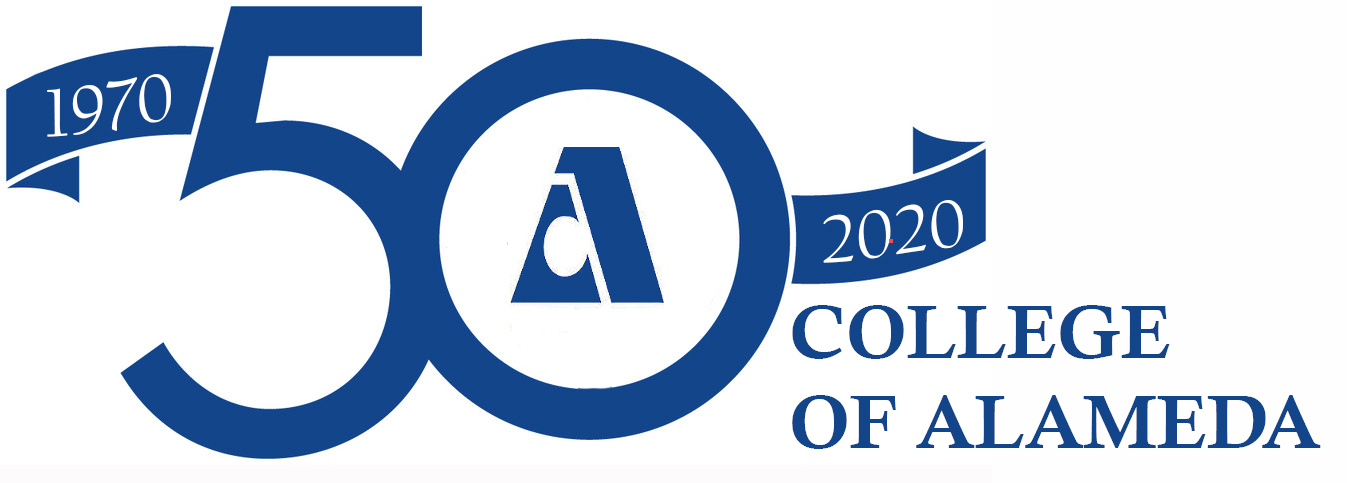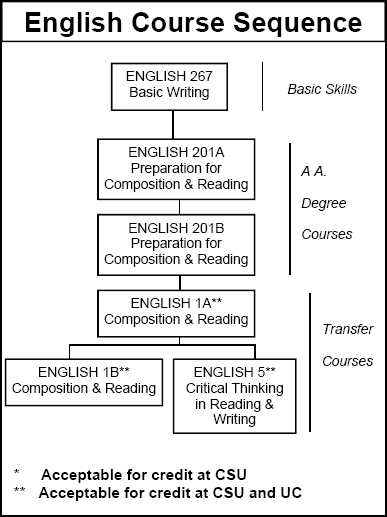English
English
The English Department offers classes addressing English skills at the basic, developmental and transfer levels. We are committed to presenting engaging material that addresses the varied interests and needs of our students. We are focused on helping students achieve their transfer requirements, and offering the necessary critical thinking and composition and reading courses required by 4-year transfer institutions.
Studying English will give you skills in expression and critical thinking that can be applied in many aspects of your personal and professional life. Through reading and writing, you will develop an understanding and appreciation for worldwide cultures and diverse perspectives, learn how to evaluate information, and develop important foundational skills for life-long learning.
- Evaluate information critically to develop claims and support them.
- Develop an understanding and appreciation for worldwide cultures and diverse perspectives through active and purposeful reading and writing.
- Engage in active, purposeful, critical reading.
- Assess in writing the tools and materials given to succeed at the workplace or in the community and be able to suggest changes to increase effectiveness.
- Students will be able to identify the parts of speech.
- Students will be able to diagram a sentence.
Graduating with a B.A. in English at a four-year institution can potentially offer a lot of flexibility in terms of future careers. Professions for English majors include administration, management, teaching, editing, and publishing.
Juanita Alexander
Christopher Blood
Edy Chan
Darlene Elasigue
Michelle Hansen Little
Patricia Nelson
Keenan Norris
Peter J. Pappas
Jay Rubin
Wanda Sabir
Teya Schaffer
Anthony Scoggins
Stefanie A. Ulrey
Sandra Vaughn
Faculty Emeritus:
Wendy Williams
The Pedagogy Group meets regularly to discuss best teaching practices. As teachers, we share strategies that work with our students and those that don’t. We also discuss the why behind what we do in our classrooms and what we choose for our curriculum. In this way, we learn new techniques and ways of thinking and lend support to each other as educators. Each meeting, one teacher leads the discussion. Q & A follows. Then the discussion is open. Turns out it’s a fun way to come together and get to know each other. Since English Department meetings focus on business, such as reports from the Chair, the Pedagogy Group can be more informal and social.


